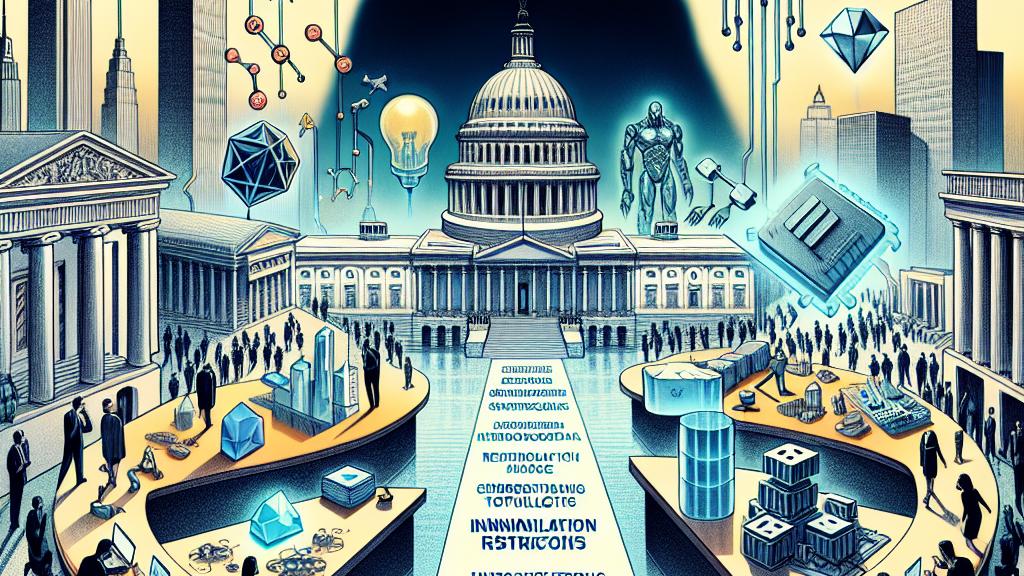Understanding US Rules on Investments to China
Overview
- Recent U.S. legislation is stirring discussions on investments to China.
- Key focus areas include technology and national security sectors.
- A clash between economic interests and security concerns unfolds.

Current Legislative Landscape
In the vibrant corridors of Washington, D.C., a crucial debate over U.S. investments to China is taking center stage! A draft spending bill has emerged, aiming to enforce restrictions that could either prohibit or flag American investments in critical fields like semiconductors, artificial intelligence, and quantum technology. These sectors are the lifeblood of innovation; imagine how a partnership might fast-track developments in fields that influence everything from smartphones to autonomous vehicles. However, there's a significant worry brewing beneath the surface: these investments could inadvertently bolster China's military capabilities. Just recently, this bill faced substantial opposition, particularly from former President Trump, highlighting the intensifying political struggle as lawmakers work frantically to avert a government shutdown.
The Tension Between Business and Security
As this legislative drama unfolds, a rift emerges between two schools of thought in Congress. On one hand, you have the pro-business lawmakers who assert that imposing heavy regulations might cripple American companies' competitiveness on the global stage. They present valid concerns—after all, if U.S. firms can't invest abroad freely, how can they keep pace with their international competitors? On the flip side, national security advocates are staunchly opposed to such unfettered access. They argue passionately that investments in China could lead to unwanted complications, such as advancements in military tech that directly threaten U.S. safety. Picture this: a tech giant’s breakthrough software ending up in the hands of a Chinese military contractor! The stakes are sky-high as both sides battle for the upper hand, seeking to compel their colleagues to see things through their lens.
What's Next?
Looking ahead, all eyes are on House Speaker Mike Johnson as he prepares to introduce a revised version of the contentious bill. The implications of this legislative maneuver cannot be understated; it could alter the trajectory of U.S.-China relations for decades. For everyday Americans, this is not just political banter—these discussions impact the technology they use, job opportunities, and the broader economic landscape. Members of Congress are acutely aware that the decisions they make now will reverberate well into the future, influencing innovation, safety, and even global economic stability. Will they find a way to support American growth while ensuring national security? The answer to this pressing question will shape the future relationship between the two economic giants and set a precedent for international investment protocols moving forward.

Loading...